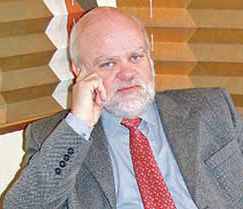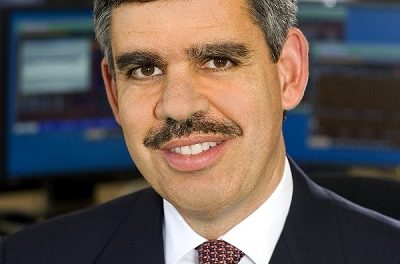
Radical economic resuscitation

By Danny Meyer
Director of SME Compete
Joblessness, stagnant economies and political stability will take centre stage in discussions and debate at the Southern African Development Community (SADC) Summit that kicks-off in Windhoek this week. Heads of State and Government of SADC countries will gather to examine among other matters, strategies to deepen economic integration and thereby accelerate economic growth.
The leaders will explore how best those member states facing internal political upheaval or with limping economies experiencing lackluster growth and the resultant social challenges, such as high unemployment and deepening poverty, could be advised, guided and helped to achieve stability and sustainable economic development. If your neighbour is suffering it has a domino detrimental impact on what happens in your home. Same applies to countries.
At the Summit, Namibia takes over chairmanship from South Africa. SADC is an economic bloc comprised of 16 member states, with the newest being Comoros, admitted last year at the 37th SADC Summit held in Pretoria, South Africa. Namibia became a member soon after the country attained Independence in 1990.
SADC covers a large chunk of the sub-continent’s surface area, spanning from the Democratic Republic of the Congo (DRC) in the north to South Africa in the south and in the east, from Tanzania to Angola to the west. The island nations of Madagascar and the Seychelles are also members of the economic bloc and the combined population of SADC countries is estimated to be nearing the 280 million mark.
As a run-up to the SADC Summit, representative of business, technocrats in the economic ministries of member states, the SADC secretariat and others with an agenda to influence the way countries run their respective economies, gathered at an SADC Industrial Week (SIW).
Held in the capital city last week, the SIW was the third gathering of this nature. There was plenty of discussion and debate on challenges faced and opportunities that exist to grow economies. Much chirping about how business partnerships could be cultivated, infrastructures built, cross-border trade increased, an investment enticing environment created and the environment improved so that business prospers.
Those in business, economists, social observers and others who have attended similar public private sector gatherings of a regional nature over the years, are skeptical. Some even cynically suggesting that the resolutions tabled at the close of the SIW for presentation to leaders at the SADC Summit, were already drafted weeks earlier at the SADC secretariat’s office in Gaborone, Botswana.
Be that as it may, it is hoped that this time round the SADC heads of state and government will pay closer attention to the recommendation and advice offered. Thereby facilitate less restrictive movement of goods, capital and people, as a strategy to integrate economies and grow markets.
At the dawn of democracy in South Africa in 1990, SADC was viewed as the grouping of states that could drive economic development on this continent to greater heights, later seen as a real possibility, when South Africa came on board as a SADC member four years later, on August 20 in 1994.
Radical economic resuscitation is now no longer a debating point. The jobs crisis, stagnant economies and political upheaval in far too many SADC member states has resulted in the economic bloc losing its sparkle. Namibia has a possibility to spearhead change by providing leadership and setting an example when it takes over SADC’s chairmanship.
A starting point will be setting a can-do example, by putting the country’s revised investment regime in place, adopting a transformation blueprint that advances and avoids regressing economic growth, divesting in public enterprises and other national assets draining the economy, and easing the movement of goods, capital and people.










































